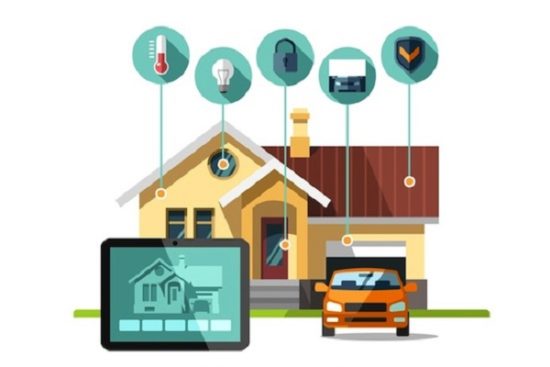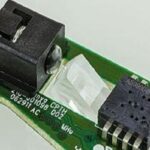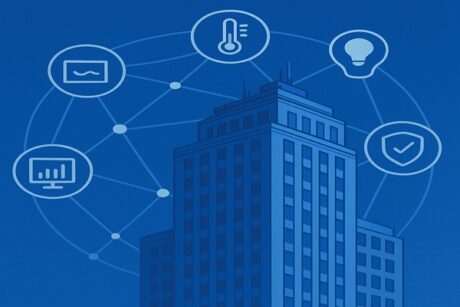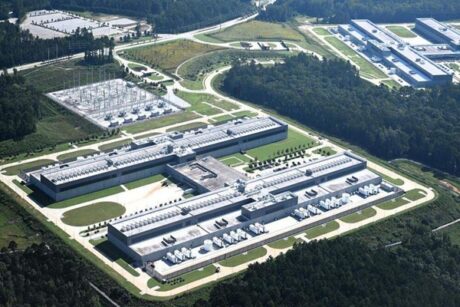No data found for Custom Course Number
No data found for Custom Course Units
Intended Audience: Architects, Engineers, Contractors, Solar Installers
PDH UNITS: 2
Digital load controls offer many benefits to onsite renewables and battery storage through energy automations. Learn component selection tips while learning how to design and assemble an electricity management controller. This class will cover fundamentals of smart technologies, exploring the safety and security risks of cloud verses local smart hubs, providing a technical review of various internet-of-things technologies. This is an introductory course designed for experienced building professionals, essential for any architect, engineer, project manager, or contractor interested in adding digital electric controls to their existing skillset. No prior programming or industry experience is necessary, but this is no ordinary introduction. Even modest smart load controllers can result in cost savings and demand benefits to commercial and residential buildings, offering utility rate optimization during normal operation, and assisting backup power systems during a grid outage. In two hours, you will understand terms and components, as well as how complete a small electric load control project. Learn how smart technology building fundamentals improve home and business within the context of code, health, safety, and welfare. Apply the knowledge to design and assemble a local electricity controller to understand how electrical control systems can shape a local electric grid. Course Outline:
- Introduction
- Building a Smart Hub
- Smart Hub Components
- Open-source Home Automation
- Load Control Benefits
Learning Objectives
At the conclusion of this course, you’ll be able to identify and discuss:- Learn how cloud services promote safety and welfare while creating other risks, to understand industry best practices.
- Evaluate local network alternatives to cloud services in order to design the most secure smart home network for a site.
- Design and compile an open-source local energy controller, to shape an electric load profile to best fit a time-of-use or demand electric rate.
- Understand how energy control systems complement on-site solar and batteries to promote distributed clean generation.
Once completed, your order and certificate of completion will be available in your profile when you’re logged in to the site.










